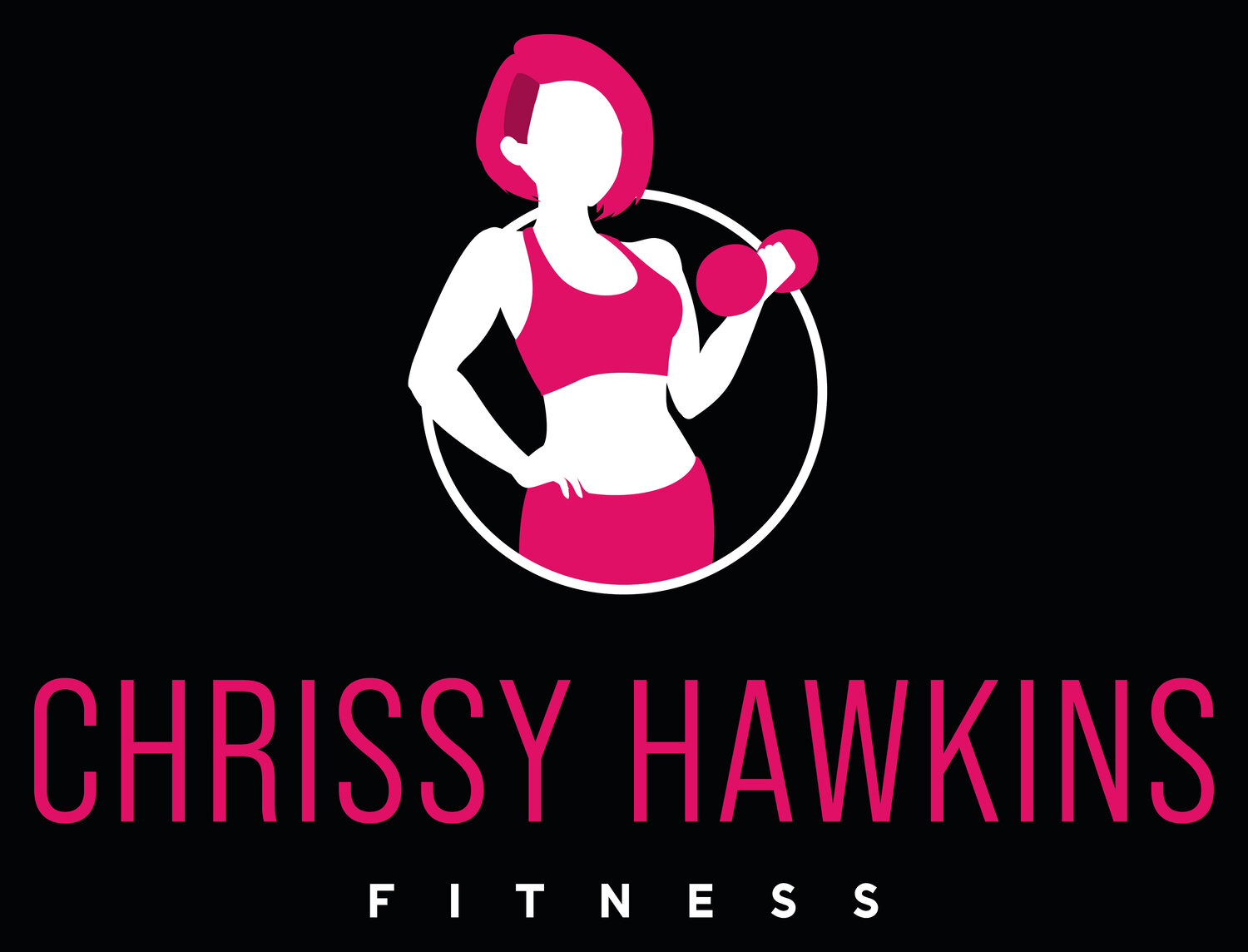Part 3: The Empowering Benefits of Strength Training for Female Horse Riders Post-Menopause
In Parts 1 and 2 of this series, we spoke about the importance of strength training for female horse riders and also how our cycle affects that, But what about when the cycle "ends"?
As women navigate through the transformative phase of post-menopause, maintaining overall health and well-being becomes increasingly crucial. For female horse riders, this period presents unique challenges and opportunities. Engaging in strength training can be a game-changer, offering a plethora of benefits that extend beyond physical fitness.
This is why we will explore the empowering advantages of strength training for female horse riders post-menopause.
Enhanced Bone Health:
Post-menopause often brings a decline in estrogen levels, which can contribute to a decrease in bone density. Strength training, particularly weight-bearing exercises, has been shown to stimulate bone formation and slow down bone loss. For female horse riders, this is especially important, as strong and healthy bones are fundamental to withstanding the impact of horseback riding and preventing injuries.
Muscle Strength and Joint Stability:
Strength training plays a pivotal role in maintaining and building muscle mass. As women age, they may experience muscle loss, leading to decreased strength and stability.
This can start as early as 35!
Regular strength training exercises target key muscle groups, enhancing overall strength and stability. This is invaluable for female horse riders, as it directly translates to improved balance and control while in the saddle.
Increased Metabolism and Weight Management:
Metabolism tends to slow down with age, making weight management a common concern post-menopause. Strength training, with its ability to build lean muscle mass, helps rev up the metabolism. This not only aids in weight management but also contributes to improved body composition, fostering a healthier and more active lifestyle for female horse riders.
But it's not just about weight, when we see changes in our muscle tone or find ourselves able to do something that we could never do before, we feel strong and confident, no matter what's on the scales.
Improved Posture and Core Strength:
Horse riding demands a strong and stable core, making posture and balance crucial elements of a rider's skill set. Strength training exercises, especially those targeting the core muscles, help improve posture and balance. Enhanced core strength not only contributes to a more effective riding experience but also reduces the risk of back pain and discomfort. We often attribute lower back pain to a weakness there but this is not the case, the issue often stems from having weak glutes or abs and our back gets tired from picking up the slack.
Any woman who has given birth will also have a weakened core as the abdominal wall splits during pregnancy, and the pelvic floor can also suffer during childbirth. This can have knock-on effects later in life if not properly rehabbed.
Mood Enhancement and Stress Reduction:
The hormonal fluctuations associated with menopause can sometimes lead to mood swings and increased stress levels. Strength training has been linked to the release of endorphins, the body's natural mood enhancers. Engaging in regular strength training sessions can act as a powerful stress reliever, promoting mental well-being and a positive outlook on life.
I do want to stress, that this is not a replacement for therapy or counselling. The menopause is a big life change and can be difficult to come to terms with, so if you need help, do reach out to someone.
Increased Energy Levels:
Post-menopausal women often face fatigue and a perceived decline in energy levels. Strength training has been shown to combat fatigue and increase overall energy levels. This boost in energy is not only beneficial for everyday activities, but also for the demands of horse riding, ensuring that female riders can enjoy their time in the saddle to the fullest.
For female horse riders navigating the journey of peri/post-menopause, strength training emerges as a holistic solution, offering benefits that extend far beyond the physical realm.
From improving bone health to boosting mood and energy levels, incorporating strength training into one's routine can empower women to embrace this phase of life with vitality and confidence, ensuring a fulfilling and active equestrian experience.
While pharmaceutical interventions may still be needed to navigate through menopause initially, strength training is something that should be considered in the long term to make sure that you get the most out of life both in and out of the saddle.
Come back next week for the next part of this series or you can find the full series on Equitas!




